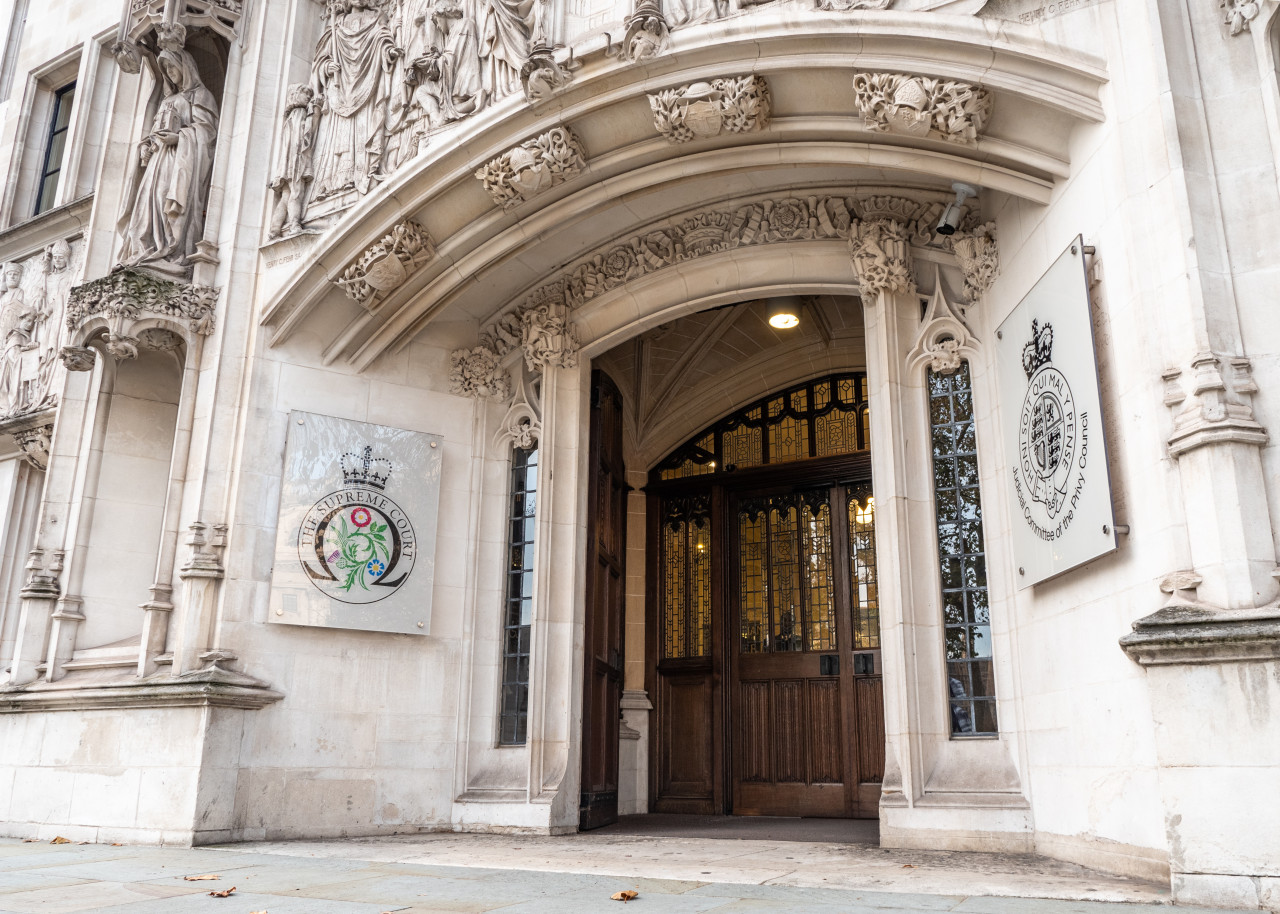Brexit will have no consequence on the UK in connection with the European Patent Office (EPO), either for applicants or for Patent Attorneys in the UK, as confirmed by the EPO.
In its notice dated 25 January 2018, the European Patent Office confirmed that “Brexit will have no consequence on UK membership of the European Patent Organisation, nor on the effect of European patents in the UK. Accordingly, European patent attorneys based in the UK will continue to be able to represent applicants before the EPO”.
The notice reports on a meeting between the EPO’s president and a delegation from the UK’s Chartered Institute of Patent Attorneys. Various matters were discussed including UPC ratification and upcoming changes in EPO fees.
‘Meeting with CIPA gave us an opportunity to restate that Brexit will have no impact on UK membership of the EPO. For a very simple reason - the EPO is not an EU agency but an independent international organisation, of which the UK is a founding member', said President Battistelli.
UK Patent Attorneys remain uniquely positioned as far as the EPO is concerned because of the very strong UK patent system and Courts, which have been granted a pivotal role in the UPC.
Over the past few years, the assessment by the European Patent Office of any amendments made to an application or patent in connection with the issue of added subject matter has been extremely strict. The commonly applied test has been to require the amendments to be supported word for word in the original specification and ascribed directly to the subject matter being claimed, that is not to any one specific embodiment only. This often led to an applicant or patentee being prevented from amending the application or claims beyond the very strict wording of the written description as filed, irrespective of what the application actually taught the skilled person. While such a stance can be mitigated with very careful drafting of the specification in the first instance, it has led in our experience to many applicants being denied the opportunity to make the most of their patent applications.
The EPO has finally relented on this test, we believe following the realisation that some applicants were being denied protection for patentable subject matter which the skilled reader would have been able to gather from the disclosure in the application. The EPO is changing the threshold for determining added subject matter from a strict forensic legal examination to seeking to understand what the skilled person would have made of the original disclosure and therefore the extent of the original teaching. The change in the EPO’s approach began formally with the decision of the Enlarged Board of Appeal of the EPO, which is equivalent to the Supreme Court, in its decision G2/10. The Enlarged Board of Appeal held that an amendment should be regarded as introducing subject-matter if the overall change in the content of the application (whether by way of addition, alteration or excision) results in the skilled person being presented with information which is not directly and unambiguously derivable from that previously presented by the application, even when account is taken of matter which is implicit to a person skilled in the art. In other words, when assessing an amendment for added subject matter, the focus should be on what was really disclosed to the skilled person in the application as filed. In particular, the Examiner should avoid disproportionally focusing on the structure of the claims or the literal wording of the original text, to the detriment of what the skilled person would have directly and unambiguously derived from the application as a whole.
This is a welcome change in practice but we expect will take some time to become habitual in the practice of the Examining and Opposition Divisions of the EPO.
Notwithstanding this change, we expect that the EPO will maintain a relatively strict approach to the assessment of added subject matter introduced by amendments made to an application or patent. Careful drafting of the original application therefore remains of paramount importance. In this regard is it critical to keep in mind that the EPO will be looking for technical pointers to the skilled person in the original disclosure, which is likely to put legalese often introduced into patent specifications into the spotlight. That is, we expect the EPO to continue to view evidently legal phraseology with scepticism. Examples include numerous long lists of options for certain elements of a device or method, generalised broadening passages relating to alternatives and so on. Additionally, we do not expect the EPO to relent in its assessment of new claim combinations not originally covered in the application, making it important to ensure that multiple dependencies are included in PCT and European applications at the time of filing, that all alternatives are carefully tied to all of the embodiments to which they are intended to apply and that they are clearly distinguished from other features not essential with those alternatives. We would be happy to advise on specific cases or in connection with specific issues.
All rights reserved.
Williams Powell are regulated by IPREG whose code of conduct can be found here.These pages aim to provide a source of information for both non-professional enquirers e.g. inventors and their companies in the U.K. and professional consultants and advisers throughout the rest of the world. The pages are not intended to provide legal advice, which will only be provided on direct application to us in the formal context of a client/attorney relationship.
The information provided is correct to the best of our knowledge and belief, but is provided without obligation or guarantee. It will be updated from time to time as needed.




